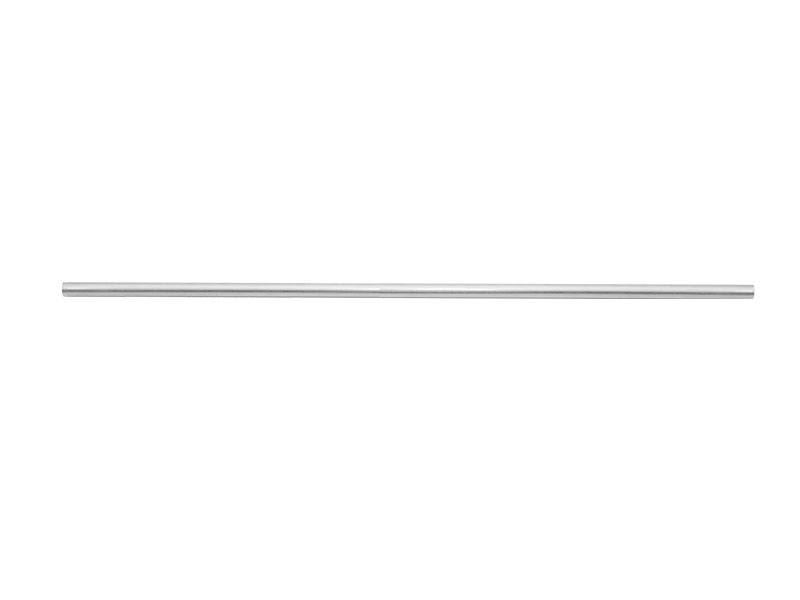Abstract:Stainless steel welded pipe is widely used in the industrial field. However, intergranular corrosion is one of its common problems, which may lead to
Stainless steel welded pipe is widely used in the industrial field. However, intergranular corrosion is one of its common problems, which may lead to pipe damage and safety hazards. This article will introduce several effective methods to help you prevent intergranular corrosion of stainless steel welded pipes and ensure the safe operation of the pipeline.
Correctly choose the right stainless steel material
Different stainless steel materials have different resistance to intergranular corrosion. When selecting stainless steel welded pipe materials, appropriate stainless steel materials should be selected based on the specific working environment and characteristics of the medium. Commonly used stainless steel materials resistant to intergranular corrosion include 316L, 317L, etc. They have high corrosion resistance and can effectively prevent the occurrence of intergranular corrosion.
Controlling the welding process and welding heat input
Temperature and heat input during the welding process are one of the main factors causing intergranular corrosion of stainless steel welded tubes. In order to prevent the occurrence of intergranular corrosion, the temperature during the welding process should be controlled to avoid excessively high welding temperatures and excessively long welding times. In addition, controlling welding heat input and avoiding excessive heat input can reduce the risk of intergranular corrosion.

Perform appropriate post-weld treatment
After welding is completed, appropriate post-weld treatment can further improve the intergranular corrosion resistance of stainless steel welded pipes. Common post-weld treatment methods include pickling, annealing and surface treatment. Pickling can remove oxides and pollutants produced during the welding process, annealing can eliminate the stress generated by welding and the tendency of intergranular corrosion, and surface treatment can improve the corrosion resistance of the pipeline.
Intergranular corrosion is a common problem in stainless steel welded pipes, but by correctly selecting the appropriate stainless steel material, controlling the welding process and welding heat input, and performing appropriate post-weld treatment, intergranular corrosion can be effectively prevented. Ensure the safe operation of pipelines. In practical applications, stainless steel welded pipes should also be inspected and maintained regularly to detect problems in time and take corresponding measures. Only by keeping pipelines intact and safe can we ensure the smooth progress of industrial production.
